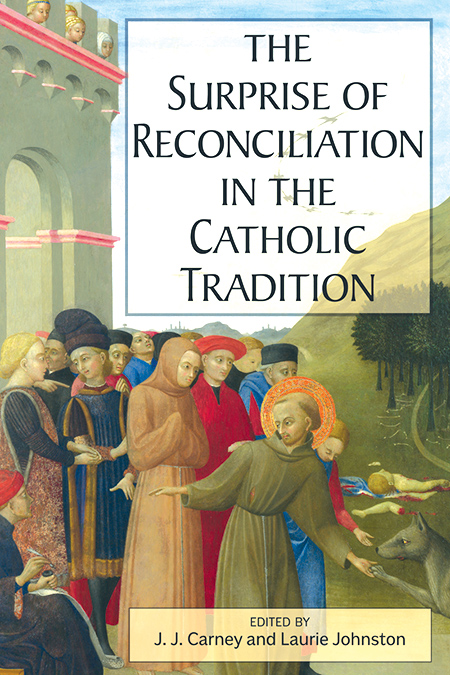One of the nastiest armed conflicts in recent times was the war in Northern Uganda that lasted from 1987 to 2009, fought between the forces of the cultish Lord’s Resistance Army and the army of the Government of Uganda. Many remember the Kony 2012 video, which brought attention to the conflict and garnered over 100 millions hits on the internet. Beginning in the late 1990’s, a peace process was initiated by the Acholi Religious Leaders Peace Initiative (ARLPI), a groups of religious leaders, Catholic, Protestant (including Pentecostal), and Muslim, that pioneered peace negotiations, lobbied for the Amnesty Act of 2000, which allowed thousands of child soldiers to leave the bush, and encouraged Ugandans across the region to practice forgiveness.
I was reminded of the initiative by this recent article in Commonweal, which recounts the work of the ARLPI. I was involved in documenting these efforts myself from 2012 to 2015, when I oversaw the production of a video, “Uganda: The Challenge of Forgiveness,” and conducted a research project, “Forgiveness: Unveiling an Asset for Peacebuilding,” studying dynamics of forgiveness after conflict in Uganda, whose results are here. One of the stars is Archbishop John Baptist Odama, who chaired the ARLPI and traveled through the bush to spark peace negotiations with Joseph Kony.

